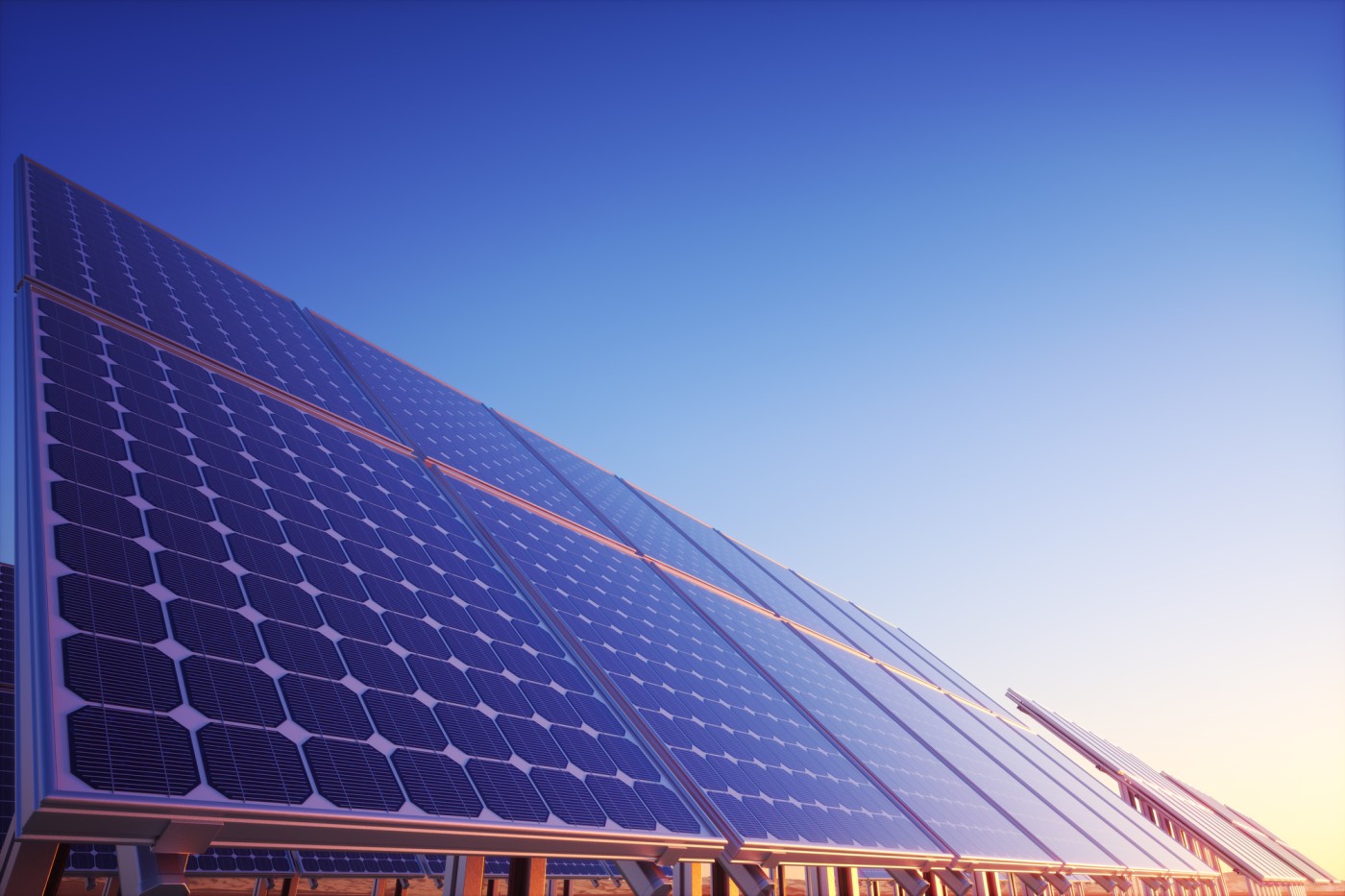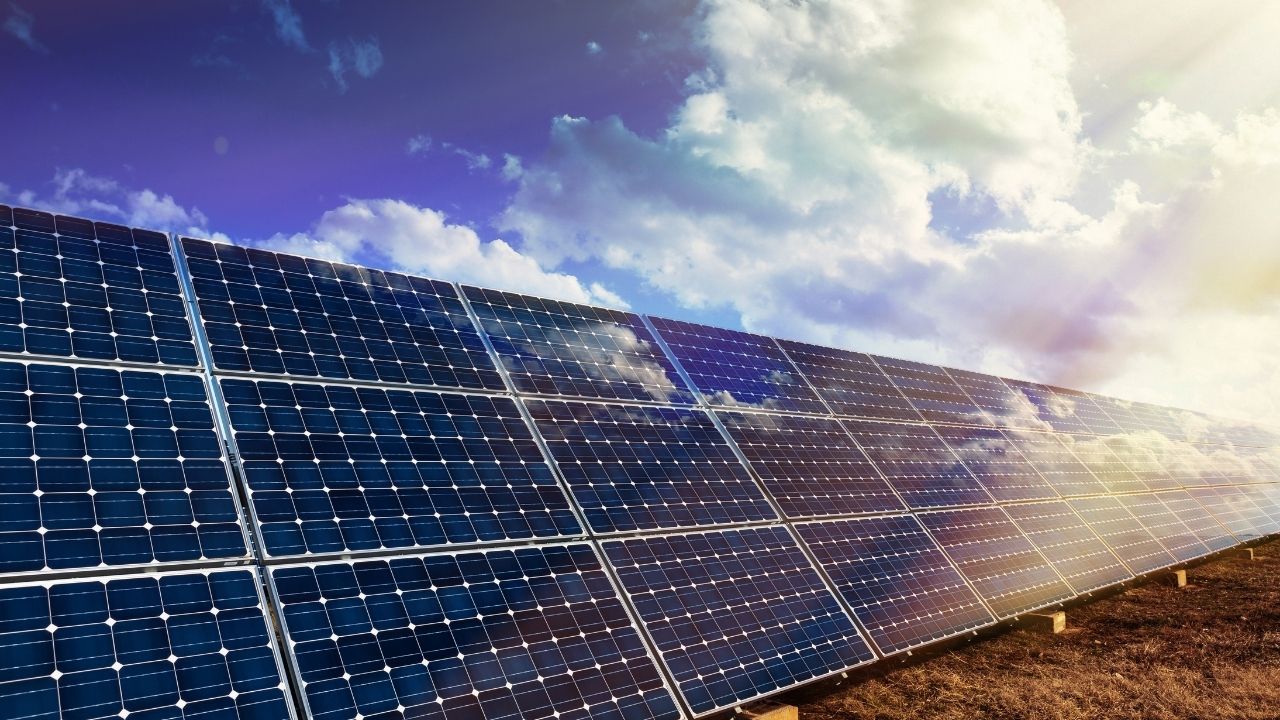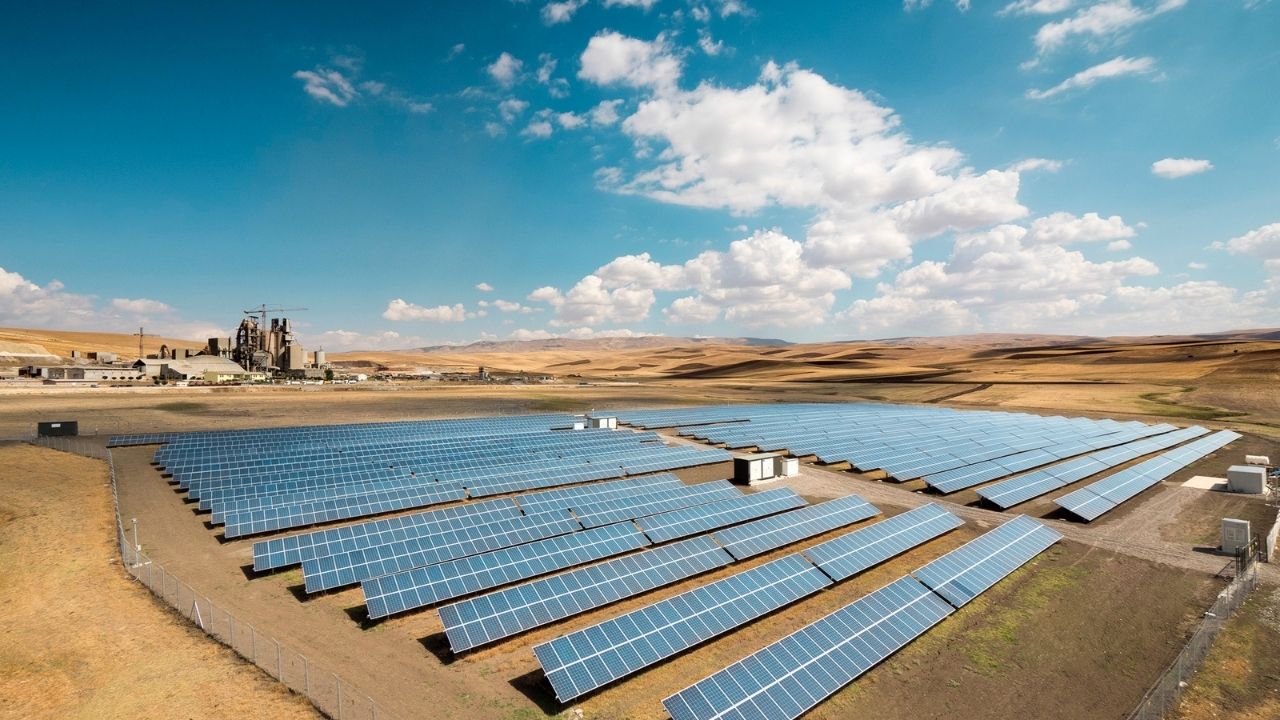Have you heard rumors that solar panels can save you money? Or have you attempted to try more energy-efficient solutions for your home?
If you answered yes, solar panels are the best way to achieve both.
Solar panels were introduced as early as the 1800s. Since then, they're hardware and functions have been refined, and have become increasingly popular among modern-day homeowners.
So here's how solar panels work and why they might be a good solution for you.
This Is How Solar Panels Work
At a glance, solar panels convert solar energy into electricity. So how can they work for you? Here are the biggest reasons why you should consider solar panels:
- They're cost-effective and efficient
- They're energy-efficient
- They rely on renewable energy
When you install solar panels, you can save money on energy bills, use or save the energy you need and use a stable source of energy. Sound too good to be true? It's all about the process of conversion.
Step 1. Sunlight Hits the Solar Panels
Solar panels need sunlight first to start the energy conversion process, of course.
When you look at a solar panel closely, you can see individual cells within a larger square. These are called photovoltaic or PV cells, which absorb the light and generate electricity. Their silicon material is also a semiconductor which helps to produce the electricity.
Step 2: DC Electricity Converts to AC Electricity
Even though the panels have transformed the solar energy into electricity, this form of electricity still isn't usable. Why? This type of electricity is called direct current or DC, and most home appliances don't operate on this form of electricity.
Instead, direct current electricity should be converted to alternating current (AC) electricity, which is widely used for appliances and home systems.
Some systems still operate on DC. Different solar power companies may allow you to use a specific type of electricity, depending on your needs.
However, these DC systems typically use lower standard voltages, which makes AC is comparably more efficient and applicable.
The DC to AC process occurs inside of your solar panels' solar inverter. Since solar panels come in different configurations, you may have one string inverter that converts for the entire system of panels, or you could have a converter for each panel.
Step 3: Usable Electricity Is Distributed
Did you know that even though you're using solar panels, your home still uses the electrical grid during the process?
The grid will have a utility meter that measures how much energy your home uses.
Once the solar energy converts into usable AC electricity, it runs through your home's net meter and distributes the electricity throughout your home.
Step 4: Net Metering Manages Energy Production
Net metering also called net energy metering (NEM), allows you to store energy in the solar panels. It produces three standout benefits to solar panels.
The first is efficiency. When you have solar panels, excess energy doesn't go to waste. You may have days where your panels produce more energy than your home can use, but this energy can simply travel back to the grid for future use.
Secondly, you can receive energy credits from your service provider for any excess solar power you produce. These credits can count towards your bill and lower your regular payments. Not bad, right?
Another perk from excess energy production is the ability to use it on days with little sunlight. If you're considering solar panels, but you're worried they'll underperform on overcast days, don't let this deter you from getting them.
With the excess energy stored in the grid, you can still make use of your panels without having to rely on sunlight for the day.
See How Solar Panels Work for Yourself
Solar panels are some of the best energy production options out there. More and more, local service providers are starting to encourage homeowners to use solar panels.
Now that you know the rumors are true, you should talk to your local service provider and see how solar panels work for your own home.
Be sure to also take a look at some of the other home improvement tips on our site!



